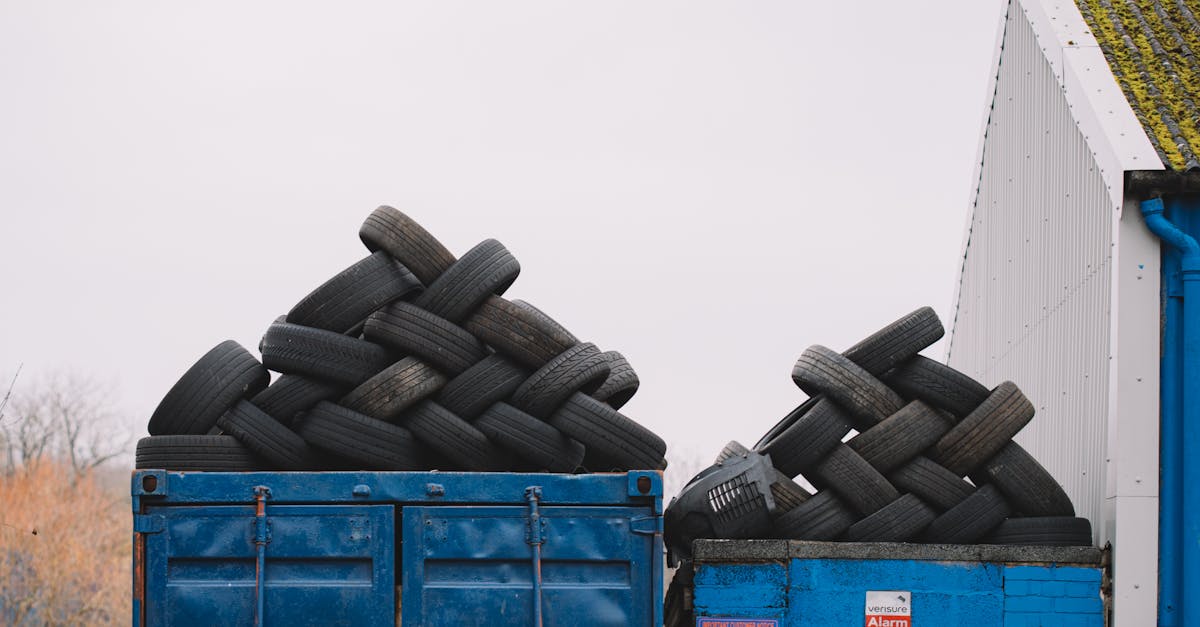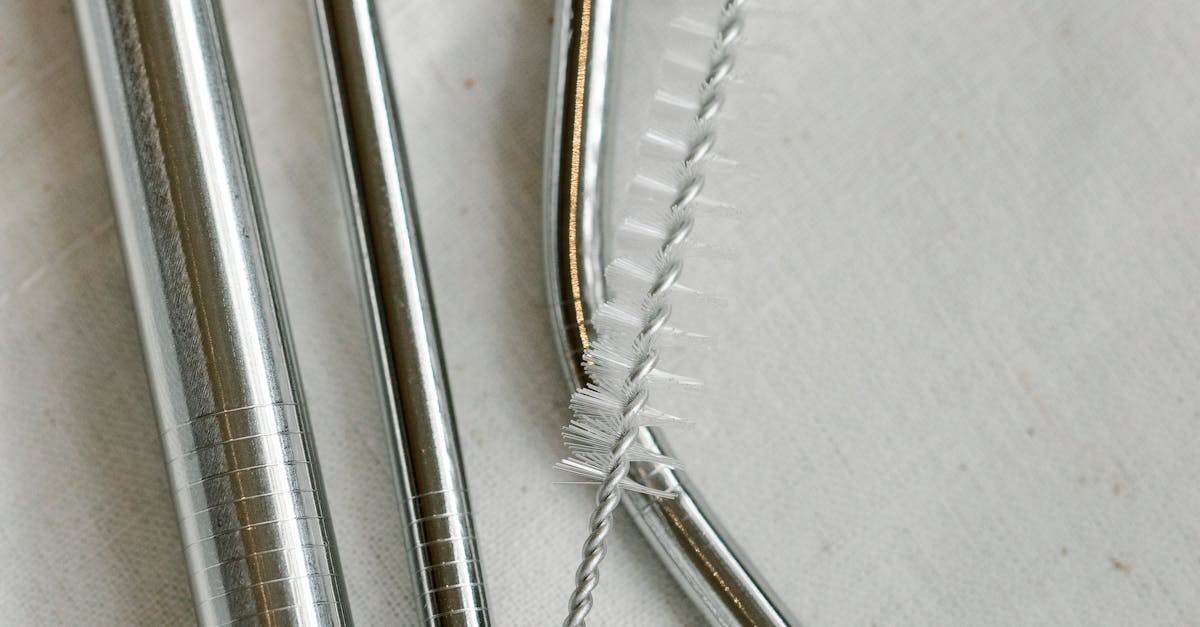
Table Of Contents
Importance of Proper Disposal Methods
Proper disposal methods for refrigerators and other household appliances are of utmost importance. By ensuring that these items are disposed of correctly, we can prevent harmful substances from leaking into the environment and causing potential damage. Appliance recycling plays a significant role in this process, as it allows for the safe extraction and disposal of materials that could be harmful if not handled properly.
When refrigerators are not disposed of correctly, they can release refrigerants like chlorofluorocarbons (CFCs) and hydrochlorofluorocarbons (HCFCs) into the atmosphere. These substances have been linked to ozone depletion and contribute to climate change. Improper disposal can also lead to the release of other hazardous materials like mercury and PCBs, which can contaminate soil and water sources. By prioritizing appliance recycling and proper disposal methods, we can mitigate these risks and work towards a cleaner and healthier environment.
Preventing Harmful Substances from Leaking
One critical aspect of responsible appliance recycling is preventing harmful substances from leaking into the environment. Refrigerators, in particular, contain refrigerants such as chlorofluorocarbons (CFCs) and hydrochlorofluorocarbons (HCFCs) that can be extremely damaging if released. These substances have been linked to ozone layer depletion and contribute to global warming. Proper containment and disposal of these chemicals are paramount to avoid their negative impact on the environment.
Disposing of old refrigerators without proper care can result in these harmful substances leaking into the air, soil, and water sources. To mitigate this risk, appliance recycling companies are equipped with the necessary knowledge and tools to safely extract and handle these chemicals during the recycling process. By choosing reputable and certified recyclers to handle your old appliances, you not only contribute to environmental preservation but also ensure that potentially harmful substances are managed in a responsible and eco-friendly manner.
Recycling vs. Selling
When it comes to disposing of old refrigerators, individuals often have two main options to choose from: recycling or selling. Appliance Recycling is a popular choice for those looking to get rid of their old fridge in an eco-friendly manner. By recycling the refrigerator, the harmful substances such as refrigerants and insulating foams can be safely removed, preventing them from leaking into the environment and causing damage.
On the other hand, selling a used refrigerator can also be a viable option for those looking to make some extra cash. However, it is essential to weigh the financial gain from selling the appliance against the potential environmental impact of not properly recycling it. While selling may offer immediate financial benefit, recycling ensures that harmful materials are disposed of correctly, contributing to a cleaner and safer environment for all.
Comparing Financial Gain and Environmental Impact
When considering whether to recycle or sell your old refrigerator, it's important to weigh the financial gains against the environmental impact of your decision. Recycling your refrigerator involves properly disposing of harmful substances such as refrigerants and foam insulation, which can have hazardous effects on the environment if not handled correctly. By choosing appliance recycling, you contribute to reducing harmful substances from leaking into the atmosphere and soil, thus helping to protect the environment for future generations.
On the other hand, selling your old refrigerator might provide a financial incentive, but it also comes with its own set of implications. The monetary gains from selling an old appliance may be appealing, especially if the unit is still functional, but it's crucial to consider the long-term environmental effects. When refrigerators are sold instead of recycled, there's a risk that harmful substances may not be properly disposed of, leading to potential environmental contamination. Ultimately, the decision between recycling and selling boils down to balancing the financial benefit with the environmental impact of your choice.
Regulations and Guidelines for Refrigerator Disposal
Regulations and guidelines play a crucial role in the proper disposal of refrigerators. When it comes to refrigerator disposal, it is essential to adhere to specific regulations to ensure the safe handling of harmful substances present in these appliances. Appliance Recycling regulations often require individuals or companies to follow specific procedures to prevent leaks of refrigerants, oils, and other hazardous materials into the environment. These guidelines are designed to protect the environment and human health from potential harm caused by improper disposal practices.
Compliance with local and federal laws regarding refrigerator disposal is imperative to avoid any legal repercussions. Individuals and businesses must familiarize themselves with the regulations in their area to ensure that they are disposing of refrigerators in a safe and environmentally friendly manner. By following the established guidelines for Appliance Recycling, we can collectively contribute to reducing the impact of electronic waste on our planet and promote sustainable practices in the disposal of refrigerators.
Compliance with Local and Federal Laws
Compliance with local and federal laws is imperative when it comes to appliance recycling, especially for refrigerators. Regulations are in place to ensure that harmful substances like refrigerants and insulation foam are properly handled and disposed of to prevent environmental damage. Local laws may vary depending on the state, so it is crucial to familiarize oneself with the specific guidelines in the area where the refrigerator is being recycled.
Federal laws, such as the Environmental Protection Agency's (EPA) regulations, also play a significant role in appliance recycling. These laws aim to reduce the environmental impact of improperly disposed appliances by enforcing guidelines for the safe removal and disposal of refrigerants. It is crucial for individuals and businesses alike to adhere to these regulations to ensure that appliance recycling is conducted in a responsible and environmentally friendly manner.
FAQS
Can I get cash for recycling my refrigerator?
Yes, some recycling programs offer incentives such as cash in exchange for recycling old refrigerators.
Why is it important to use proper disposal methods for refrigerators?
Proper disposal methods help prevent harmful substances like refrigerant gases and oils from leaking into the environment and causing damage.
Is it better to recycle or sell my old refrigerator?
Recycling is usually the more environmentally friendly option, as it helps reduce waste and conserve resources. Selling may offer some financial gain, but it's essential to consider the environmental impact as well.
How do financial gain and environmental impact compare when recycling refrigerators for cash?
While selling a refrigerator may bring immediate financial gain, recycling it for cash can contribute to long-term environmental benefits by reducing energy consumption and minimizing waste.
What regulations and guidelines should I follow when disposing of a refrigerator?
It is important to comply with local and federal laws regarding refrigerator disposal to ensure proper handling of hazardous materials and prevent harm to the environment.




